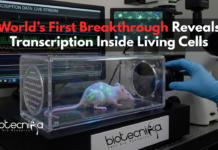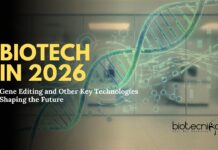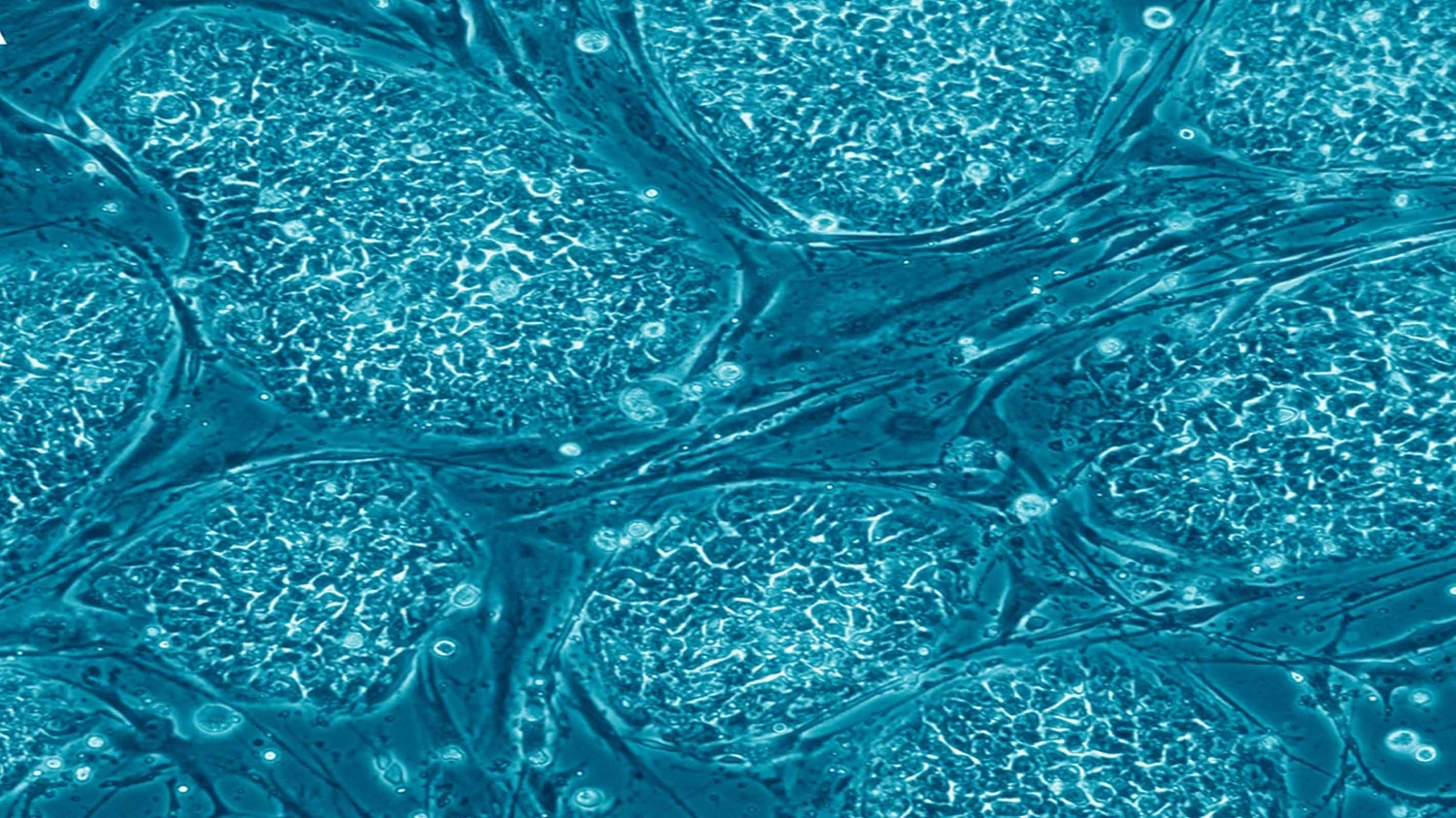Study Provides Insights on Origin of Cancer through Mature Cell Discovery
Rapidly dividing, yet aberrant stem cells have traditionally been believed to be a major source of cancer. But now, a new study by scientists at the Washington University, suggests that mature cells also play a key role in initiating cancer — a finding that could upend the way scientists think about the origins of the disease.
“As scientists, we have focused a good deal of attention on understanding the role of stem cells in the development of cancers, but there hasn’t been a focus on mature cells. But it appears when mature cells return back into a rapidly dividing stem cell state, this creates problems that can lead to cancer,” said senior investigator Jason C. Mills, M.D., Ph.D., a professor of medicine in the Division of Gastroenterology.
The study looked at mice who had suffered injuries affecting their stomach lining, whose ability to call on stem cells to fix the problem had been blocked. The stomach was chosen as the focus because it’s easier to distinguish stem cells and mature cells in that environment.
Although stem cells were not present, the mice still developed a precancerous condition when the mature cells reverted back to state resembling stem cells in order to address the injury.
The team also looked at tissue samples from ten people with stomach cancer and found that the same mature cells had undergone a similar process, rapidly changing and dividing as a result.
Analyzing tissue specimens from 10 people with stomach cancer, the researchers found evidence that those same mature cells in the stomach also had reverted to a stem cell-like state and had begun to change and divide rapidly.
“Cancer therapies target stem cells because they divide a lot, but if mature cells are being recruited to treat injuries, then those therapies won’t touch the real problem,” said first author Megan Radyk, a graduate student in Mills’ laboratory.
“If cancer recurs, it may be because the therapy didn’t hit key mature cells that take on stem cell-like behaviour. That can lead to the development of precancerous lesions and, potentially, cancer,” Radyk was quoted in a Science Daily article.
The researchers are now working to identify drugs that may block the precancerous condition by preventing mature cells from proliferating and dividing.
“Knowing these cells are leading to increased cancer risk may allow us to find drugs to keep mature cells from starting to divide and multiply,” Mills said. “That may be important in preventing cancer not only in the stomach and GI tract but throughout the body.“
























